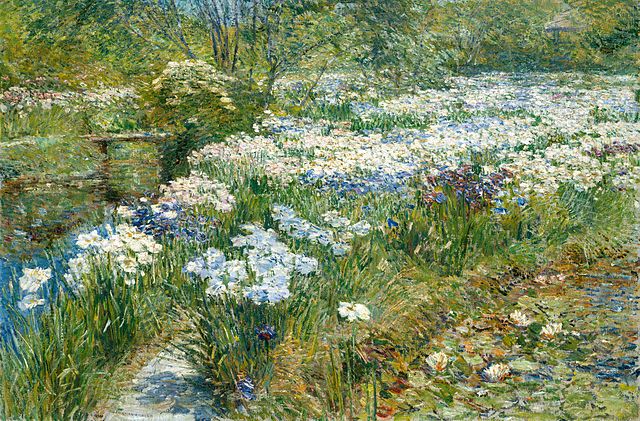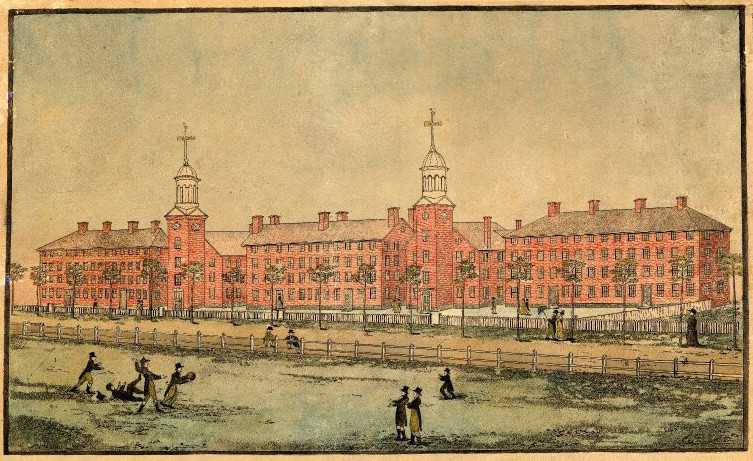Napoleon Bonaparte? G. M. Young? Anonymous?
Question for Quote Investigator: The years of early adulthood are crucial to the formation of an entire outlook toward life. You have to know what was happening in the world when a person was twenty to understand that person. This notion has been ascribed to the French military leader Napoleon Bonaparte and the English historian G. M. Young. I am skeptical of the linkage to Napoleon because I have not seen any substantive citations. Would you please explore this topic?
Reply from Quote Investigator: In 1943 G. M. Young delivered a lecture before The British Academy of London about the Irish-British statesman Edmund Burke. Young believed that a thorough understanding of Burke required an assessment of the intellectual zeitgeist Burke experienced at age twenty. Boldface added to excerpts by QI:1
He was born, you will remember, in 1729. But a man’s birth-year is only of importance because it directs us to look for what was happening in the world when he was twenty, and at that age by ‘what was happening’ we ordinarily mean what books were in the air.
There were two from which a young man, even if he had not read them, could not protect himself: Hume’s Essays, with that Essay on Miracles which was a thrust at the heart of revealed religion, and Bolingbroke’s Patriot King, a challenge not to the Revolution Settlement so much as to the political philosophy by which the Settlement was legitimated, and the political practice by which it was applied.
In 1949 Young published an article in “The Listener” magazine of the British Broadcasting Corporation (BBC). He again emphasized the importance of understanding the pivotal youthful years of character formation:2
… whenever I am thinking of a character, in public life it may be, or in literature, I always ask ‘What was happening in the world when he was twenty?’ If I am thinking of a year, the question is ‘Who were in their forties then?’ To the twenties I go for the shaping of ideas not fully disclosed: to the forties for the handling of things already established.
QI believes that this notion should be credited to G. M. Young. The earliest attribution to Napoleon known to QI appeared in 1998. Yet, the Emperor died in 1821. The long delay means that the linkage to Napoleon currently has no substantive support.
Below are additional selected citations in chronological order.
Continue reading “Quote Origin: To Understand a Person You Have To Know What Was Happening in the World When That Person Was Twenty”







